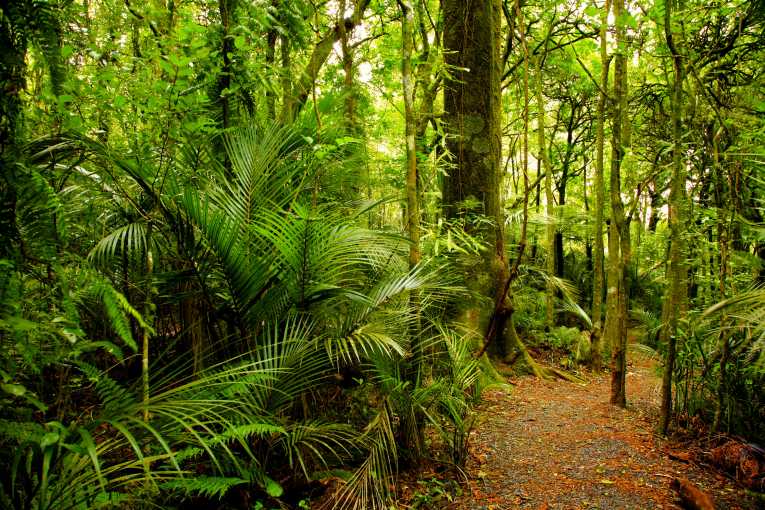8 March 2011 is the 100th anniversary of International Women's Day, a day set up to promote equality between men and women and celebrate the achievements of women from all walks of life.
Ahead of International Women’s Day, experts from the Center for International Forestry Research (CIFOR) and International Union for Conservation of Nature (IUCN) highlight the need for women to take a greater role in forest management.
Within developing countries, women are the main users of forests. These forests provide women with a vital source of food, fuel and shelter. As women have a greater dependence on forests than men, they have more to lose when forests are cut down or access denied. Despite this, the role that women could and should play in forest management continues to be ignored.
In 2011, declared by the UN as the International Year of Forests, it is essential that women are able to take part in discussions over how their forests are used. Research shows that when women are involved in forest management, the condition of the forest improves and the forest is managed more sustainably. However, ownership of forests is largely under the control of men, leading the needs and concerns of women to be neglected.
REDD+, a global programme set up by the UN designed to reduce carbon emissions due to deforestation and degradation, is being supported by many governments. Billions of dollars are being pledged to protect and enhance the world’s forests. With both the world's forests and a hell of a lot of money at stake, it is time that the positive role women can play in forest management is acknowledged.
Lorena Aguilar from the IUCN states ''Taking a gender perspective in forestry has nothing to do with political correctness and everything to do with effective development and conservation: an awareness of the dynamics between men and women in forest resources can only help ensure that these resources are used sustainably and equally''.
Women's knowledge of, and capacity to act on, their rights must be improved. In addition, it is crucial to increase the number of women able to make decisions in forest communities. Conservation charities cannot do this alone - a wide range of organisations, from NGOs to governments, must act together to improve women’s rights and protect the world's forests.










